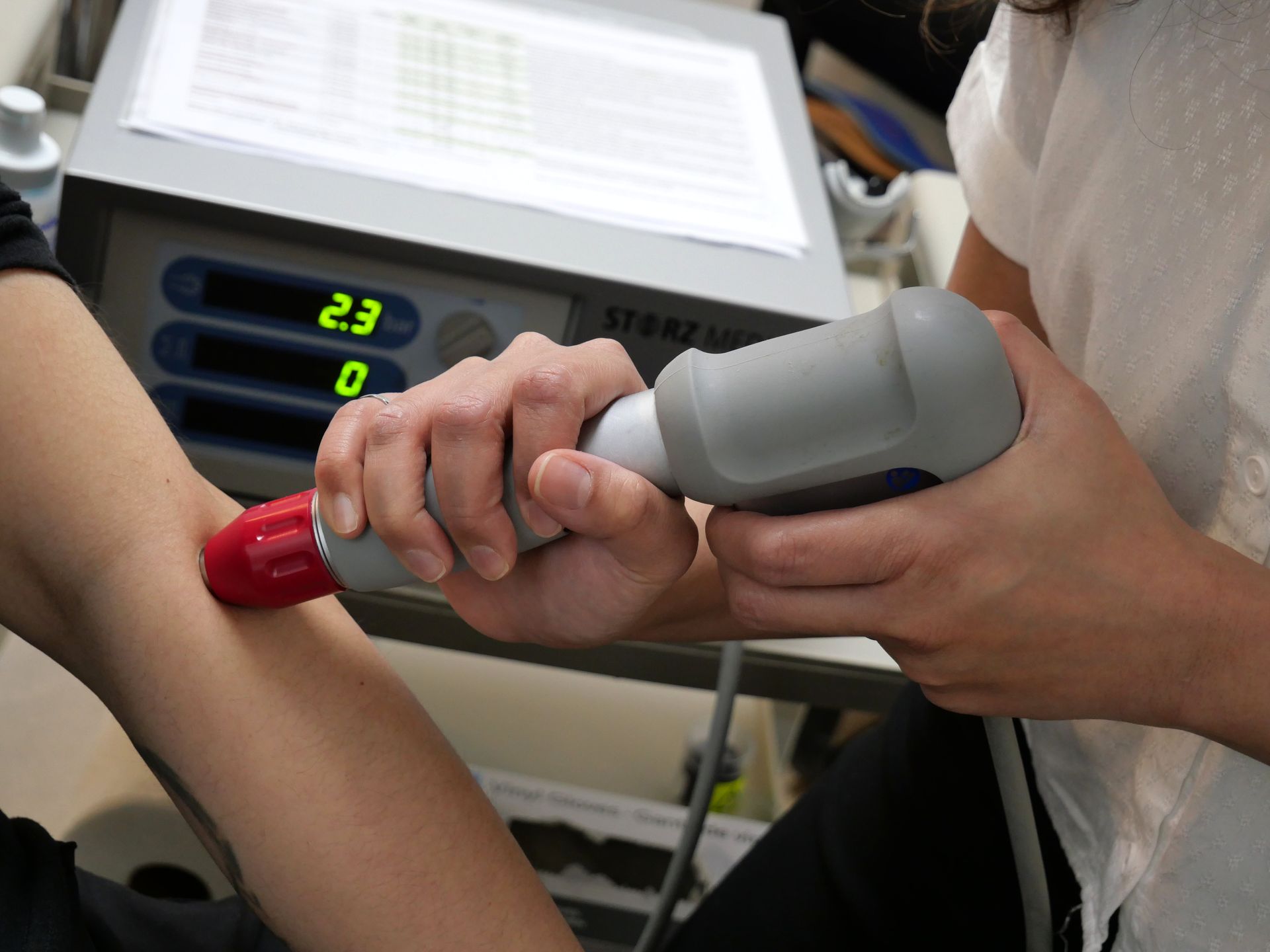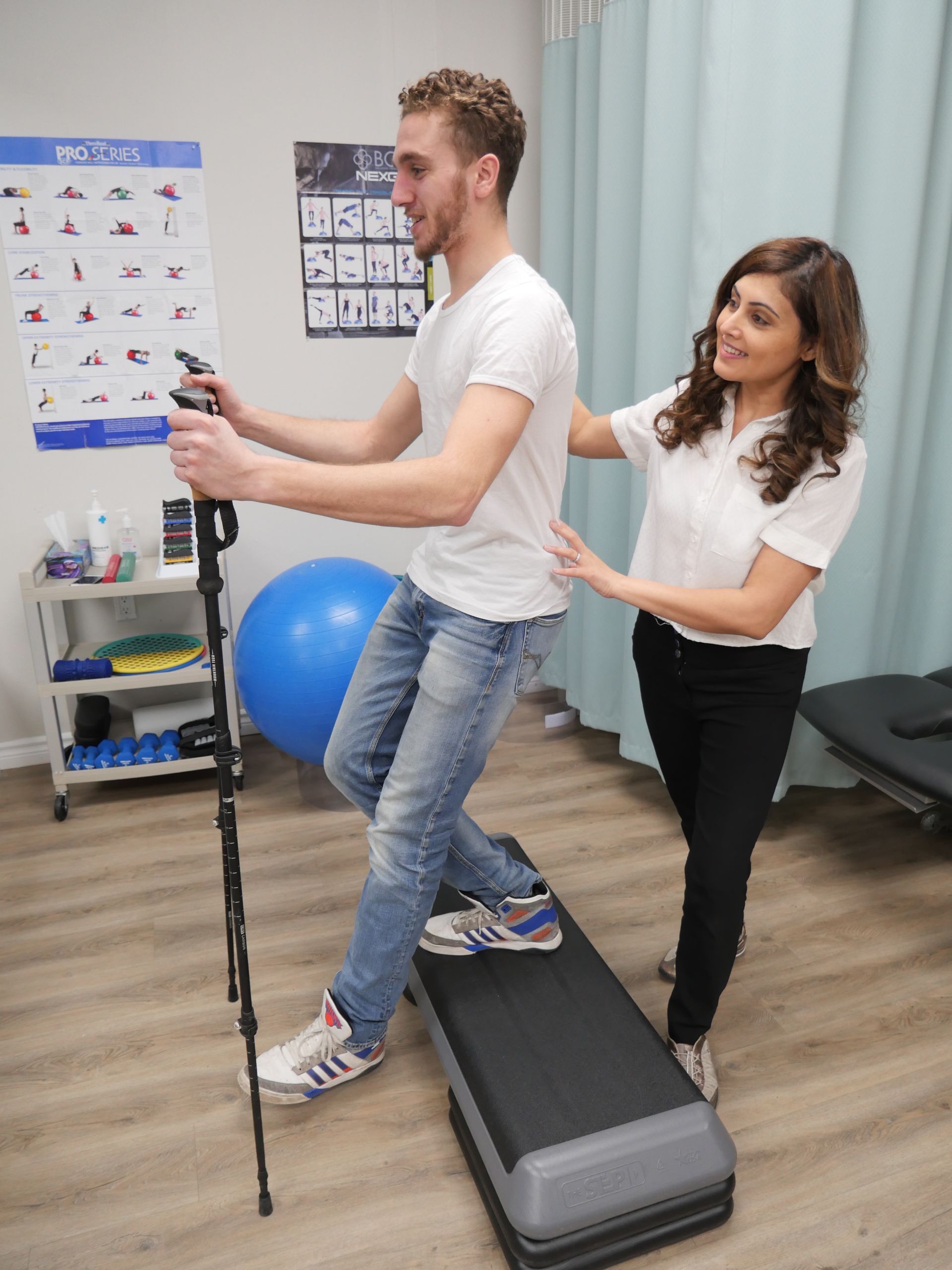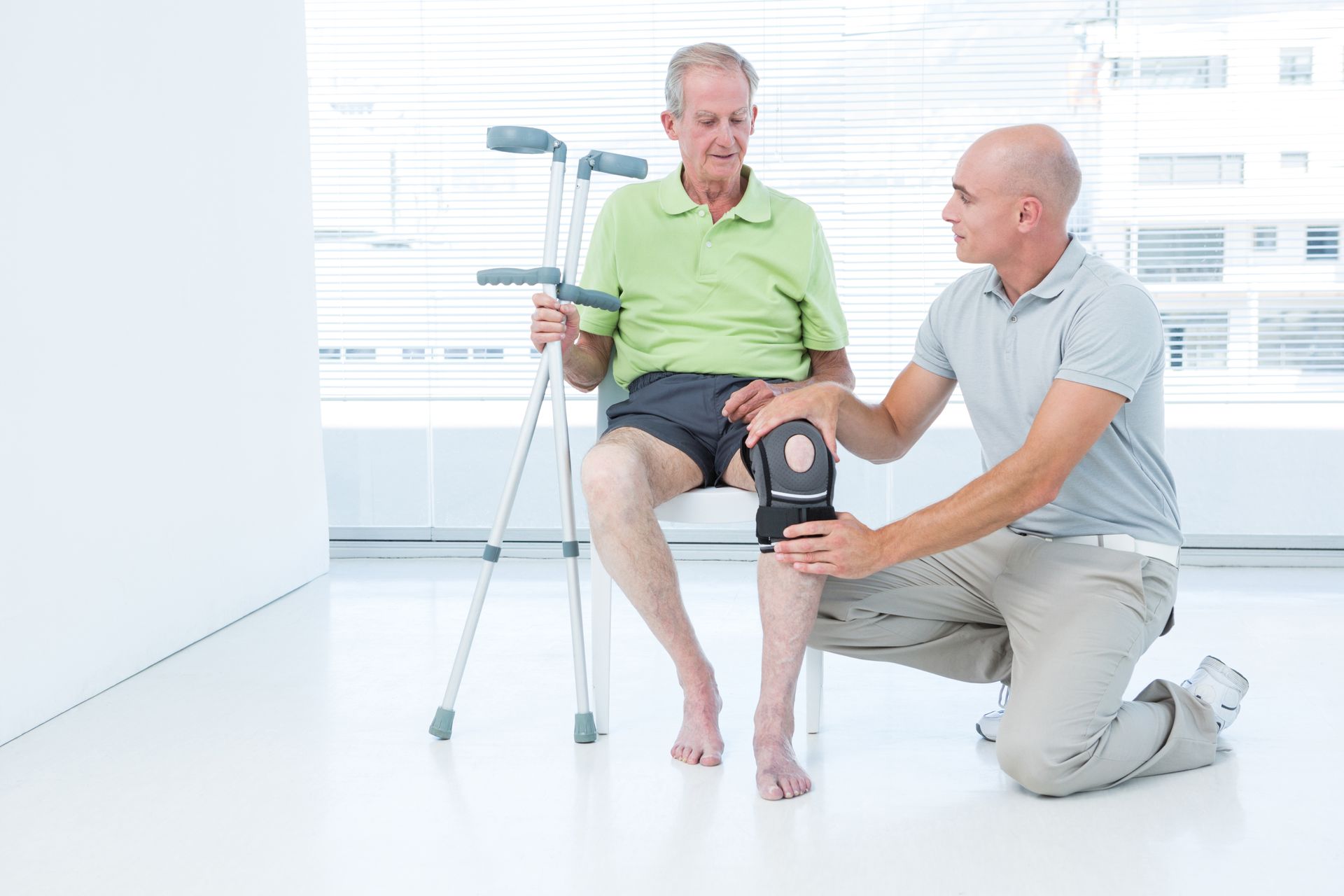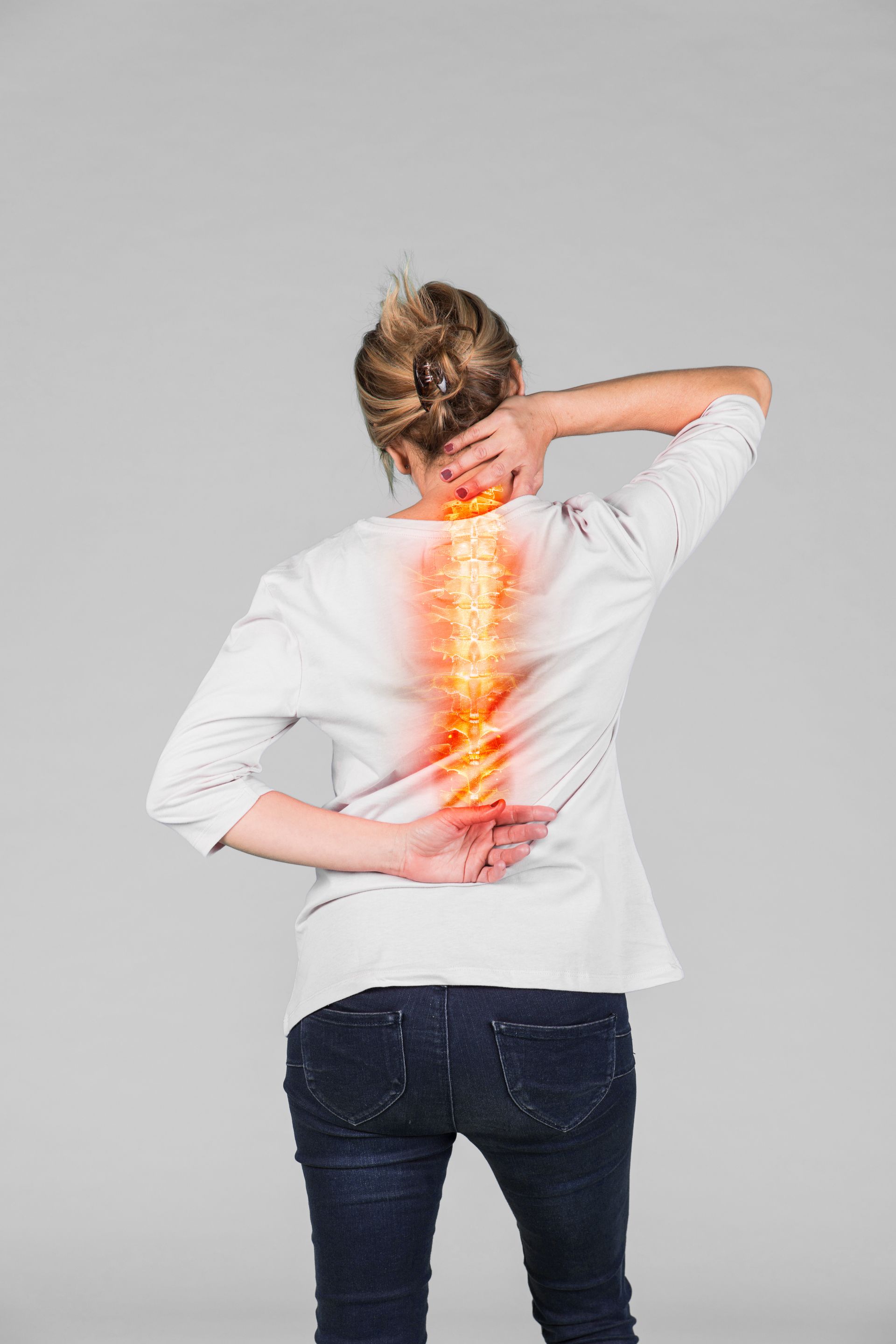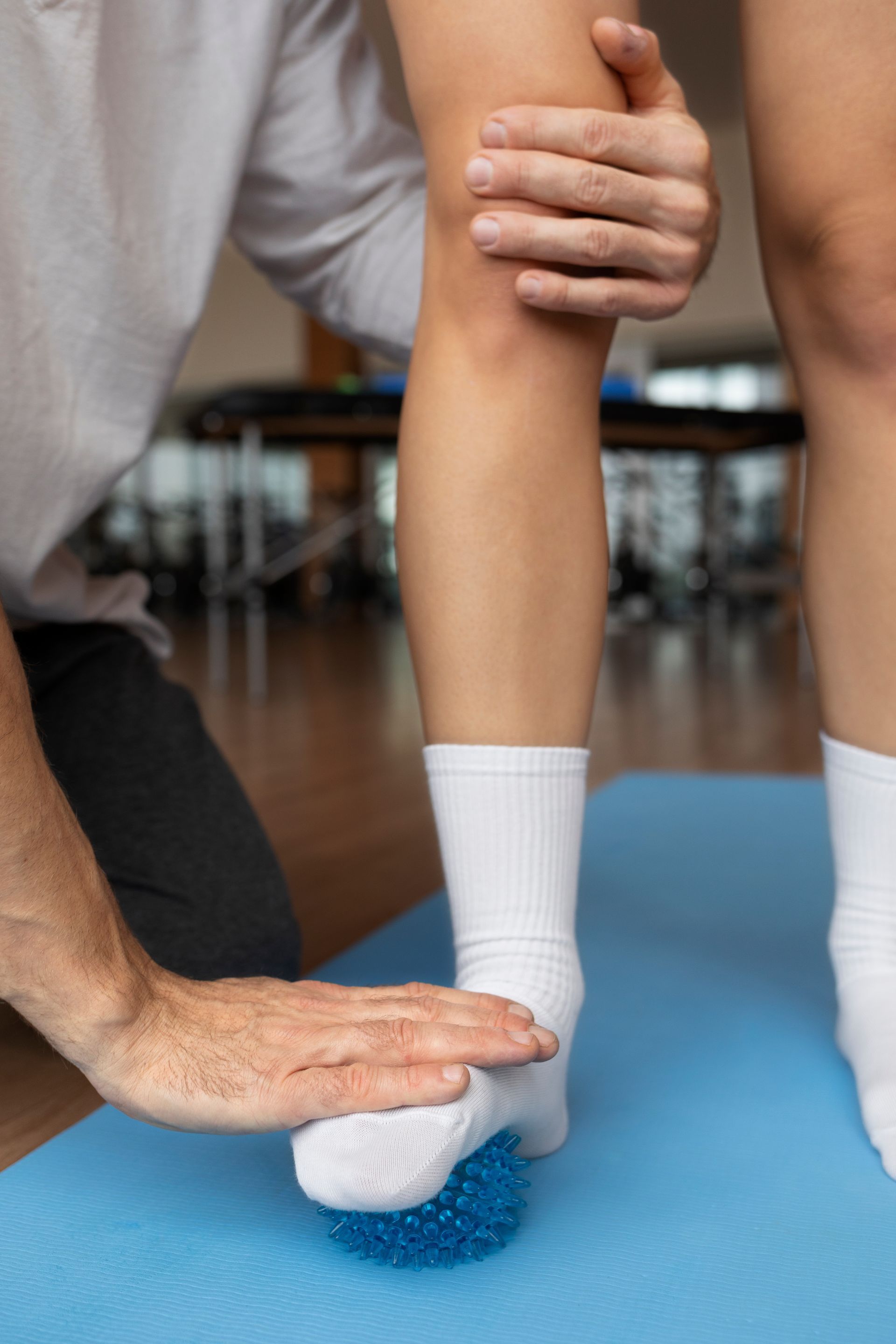What Happens When I Ignore a Concussion?
Concussions are a type of brain injury, most often caused when blunt force is applied to the head or body. When rapid or sudden movement causes trauma to the affected area, this can cause the head and brain to shift back and forth in a rapid motion.
What does this cause? A forceful blow or jolt can alter the shape of the brain’s tissue, often causing damage to the brain cells and triggering metabolic or chemical changes within the brain. When this occurs, it can hinder your cells’ ability to communicate and function properly, thereby resulting in neurological symptoms.
Concussions are usually not life-threatening, but they can be extremely serious for those who do not seek professional treatment after experiencing a traumatic accident or injury. In this blog, we’ll go over some of the most common signs of concussions. We’ll also review some of the benefits of physiotherapy and how it can serve as an effective concussion treatment.
Common causes of a concussion
Concussions are usually caused by falls, motor vehicle accidents, sports injuries or other forms of harmful physical contact (such as altercations).
Short term effects
The tricky part about concussions is that it can be challenging to discern whether one has occurred or not. They are an injury at the cellular level, meaning that they aren’t always visibly obvious or easy to detect.
The best course of action is to look for the most common concussion signs. These usually include difficulty with balance or mobility, a headache, tinnitus (ringing in the ears), nausea or vomiting. Some people who suffer from a concussion also experience a sudden onset of emotion (i.e. random bouts of crying).
If you think you’ve suffered a concussion, it’s imperative that you monitor your symptoms within the first 24 hours. For at least the first 4 hours after enduring an injury, it’s advised that you stay awake to ensure you don’t experience a worsening of symptoms.
Following a concussion, common symptoms range from head and body pain, dizziness, difficulty sleeping and other mental health implications (such as stress, anxiety and irritability).
More severe symptoms can include repeated vomiting and a loss of consciousness. If these symptoms are experienced at any point after suffering a concussion, emergency treatment should be sought out immediately.
Long term effects
After experiencing a concussion, most patients find that their symptoms subside or resolve within an average of 7 to 10 days. However, a small fraction of patients experience prolonged symptoms and bouts of pain. This is referred to as post-concussion syndrome.
Symptoms of post-concussion syndrome are not always consistent. However, commonly reported signs include prolonged headaches and dizziness, difficulty sleeping, sensitivity to light or loud sounds, cognitive difficulties (such as memory loss and difficulty concentrating on everyday tasks) and mental health symptoms that won’t subside (such as depression and anxiety).
Patients who experience post-concussion syndrome usually feel their symptoms more severely, meaning that it isn’t uncommon for them to find that they begin to interfere with their everyday tasks and well-being. The longer these symptoms go untreated, the more likely they are to worsen and interfere with their overall quality of life.
One of the most important things to note is also that patients who have already experienced a concussion become more susceptible to having another one if they get injured again. This makes athletes or those who live active lifestyles especially vulnerable to developing post-concussion syndrome.
How can physiotherapy help you manage symptoms?
If you’ve fallen victim to a traumatic head injury or developed post-concussion syndrome as a result of multiple concussions, physiotherapy is one of the best ways to help you safely recover.
At Delta Physiotherapy & Rehab, our physiotherapists are trained in vestibular rehab, allowing us to develop customized therapy programs for those suffering from dizziness, migraines and other symptoms brought on by a concussion.
Our team will create a plan designed to target your particular symptoms. This will include exercise-based techniques that will correct your symptoms, provide relief and help you to develop the right coping strategies that will allow you to mitigate your symptoms.
Contact Delta for effective concussion treatment today
If you’ve experienced a concussion, you’ve come to the right source. At Delta Physiotherapy & Rehab, our experts are trained and experienced with physiotherapy and vestibular rehab and will work alongside you in your recovery.
To book an appointment with our physiotherapy team, call us today at 905-270-3086 or book an appointment by filling out our online contact form. We look forward to helping you relieve your symptoms and get back to doing the things you enjoy!


